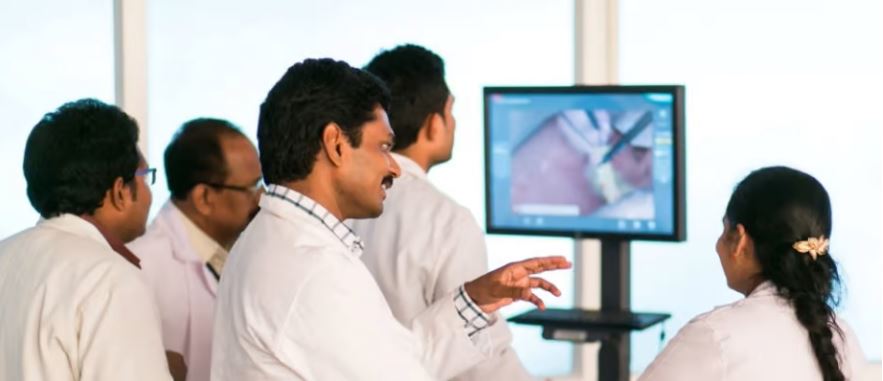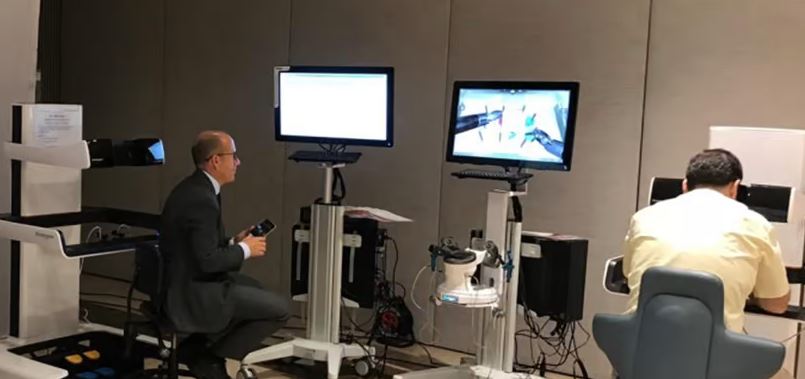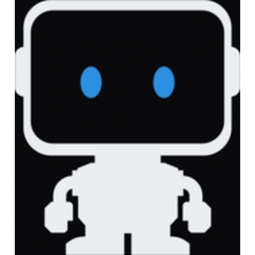公司规模
Large Corporate
地区
- America
国家
- Canada
产品
- DataRobot Enterprise AI
技术栈
- RStudio
实施规模
- Departmental Deployment
影响指标
- Digital Expertise
- Innovation Output
技术
- 分析与建模 - 机器学习
适用行业
- 教育
适用功能
- 产品研发
用例
- 预测性维护
服务
- 培训
关于客户
本案例研究中的客户是加拿大皇后大学史密斯商学院。该学院成立于 1919 年,位于安大略省金斯顿,因其创新的商业教育方法而获得国际认可。这包括在人工智能、金融科技、分析、文化多样性、团队动态、社会影响等新兴领域创建开创性的课程。该学院的学生通常是职业人士,他们是分析的消费者,而不是生产者。他们中的许多人是或即将成为分析项目和团队的经理。
挑战
加拿大皇后大学史密斯商学院以其创新的商业教育方法而闻名,包括在人工智能、金融科技、分析、文化多样性、团队动态、社会影响等新兴领域创建开创性的课程。史密斯商学院管理分析学杰出教授安东·奥夫钦尼科夫教授预测模型、数据科学和机器学习课程。他的学生通常是在职专业人士,他们是分析的消费者,而不是生产者。他们中的许多人已经或即将成为分析项目和团队的经理。作为课程的一部分,安东希望他的学生至少在基础层面上熟悉原始编码,以便充分了解他们试图预测的幕后情况。然而,手动编码过程可能非常耗时且复杂,因此需要更有效的解决方案。
解决方案
Anton 向他的学生介绍了 DataRobot 的自动化机器学习平台。该平台用于 Scholastic 旅游公司的留存建模案例研究,这是一项专注于预测客户流失的留存建模练习。经过一周的案例作业,通过手动编码预测模型,学生们了解到 DataRobot 和自动化如何成为解决方案。然后,学生们可以在有限的时间内访问 DataRobot 平台进行试用。据 Anton 说,他们中的许多人发现自动化机器学习非常有价值,以至于他们开始在公司进行商业评估。该解决方案不仅让学生对自动化 AI 应用程序有了实际的了解,还为他们未来的职业生涯提供了宝贵的工具。
运营影响

Case Study missing?
Start adding your own!
Register with your work email and create a new case study profile for your business.
相关案例.

Case Study
Revolutionizing Medical Training in India: GSL Smart Lab and the LAP Mentor
The GSL SMART Lab, a collective effort of the GSL College of Medicine and the GSL College of Nursing and Health Science, was facing a challenge in providing superior training to healthcare professionals. As clinical medicine was becoming more focused on patient safety and quality of care, the need for medical simulation to bridge the educational gap between the classroom and the clinical environment was becoming increasingly apparent. Dr. Sandeep Ganni, the director of the GSL SMART Lab, envisioned a world-class surgical and medical training center where physicians and healthcare professionals could learn skills through simulation training. He was looking for different simulators for different specialties to provide both basic and advanced simulation training. For laparoscopic surgery, he was interested in a high fidelity simulator that could provide basic surgical and suturing skills training for international accreditation as well as specific hands-on training in complex laparoscopic procedures for practicing physicians in India.

Case Study
IoT platform Enables Safety Solutions for U.S. School Districts
Designed to alert drivers when schoolchildren are present, especially in low-visibility conditions, school-zone flasher signals are typically updated manually at each school. The switching is based on the school calendar and manually changed when an unexpected early dismissal occurs, as in the case of a weather-event altering the normal schedule. The process to reprogram the flashers requires a significant effort by school district personnel to implement due to the large number of warning flashers installed across an entire school district.

Case Study
Implementing Robotic Surgery Training Simulator for Enhanced Surgical Proficiency
Fundacio Puigvert, a leading European medical center specializing in Urology, Nephrology, and Andrology, faced a significant challenge in training its surgical residents. The institution recognized the need for a more standardized and comprehensive training curriculum, particularly in the area of robotic surgery. The challenge was underscored by two independent studies showing that less than 5% of residents in Italian and German residency programs could perform major or complex procedures by the end of their residency. The institution sought to establish a virtual reality simulation lab that would include endourological, laparoscopic, and robotic platforms. However, they needed a simulator that could replicate both the hardware and software of the robotic Da Vinci console used in the operating room, without being connected to the actual physical console. They also required a system that could provide both basic and advanced simulation training, and a metrics system to assess the proficiency of the trainees before they performed surgical procedures in the operating theater.

Case Study
Edinburgh Napier University streamlines long-distance learning with Cisco WebEX
• Geographically dispersed campus made in-person meetings costly and inconvenient.• Distance-learning programs in Malaysia, India, and China required dependable, user-friendly online tools to maximize interaction in collaborative workspaces.• Virtual learning environment required a separate sign-in process, resulting in a significant administrative burden for IT staff and limited adoption of collaboration technology.

Case Study
8x increased productivity with VKS
Before VKS, a teacher would spend a lot of time showing a group of 22 students how to build a set of stairs within a semester of 120 hours. Along with not leaving the teacher much time to provide one-on-one support for each student to properly learn carpentry, it also left a considerable amount of room for error. Key information would be misinterpreted or lost as the class was taught in the typical show-and-tell way.

Case Study
Scalable IoT Empowering GreenFlex's Sustainable Growth
GreenFlex, a company that supports sustainable development, decarbonization, and energy efficiency, faced several challenges in its quest to expand its business. The company needed to deploy a robust and sustainable IoT technology to support its growth. It was crucial for them to monitor and control devices at customer sites in a safe and reliable manner. They also needed to integrate devices across a range of communication protocols and gather and act on data to meet efficiency targets. GreenFlex had previously built IoT capabilities into its digital platform, GreenFlexIQ, to monitor and manage customer sites remotely. However, they soon realized that they needed a new platform to support their ambitions. They needed a platform that could scale to connect more devices for production management and make it easier for the operations team to manage devices in the field.






